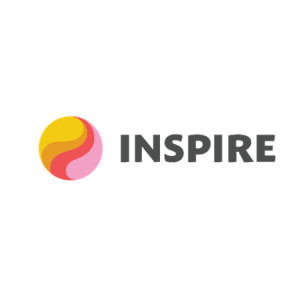 \
&
Contact us
\
&
Contact us
 \
&
Contact us
\
&
Contact us
Partnership website: https://www.photonics21.org/
Photonics (light based technologies) is an essential building block for the digital transformation and for a green and healthy future in Europe. The main objectives are to strengthen the photonics ecosystem along the value chain, support diffusion of photonics technologies and contributes to growth and jobs and raise competitiveness.
By 2030 Europe will have maintained leadership in core and emerging photonic technologies.
The European Technology Platform Photonics21 represents the photonics community of industry and research organisations. Jointly with the European Commission our members develop and implement a common photonics strategy in a Horizon Europe Public Private Partnership (PPP) to spur growth and jobs in Europe.
Contact
Partners: Photonics21: secretariat@photonics21.org
Partnerships group the EC and private and/or public partners, to coordinate and streamline the research & innovation initiatives and funding in some selected key domains.

Funded by Horizon Europe, under call topic HORIZON-WIDERA-2021-ERA-01-80, INSPIRE is Europe's Centre of Excellence on inclusive gender equality in research and innovation. It relies on four Knowledge and Support Hubs to create knowledge in the areas of sustaining change, widening participation, intersectionality and innovation. Moreover, it supports stakeholders in their journey to become more inclusive through 12 Communities of Practice. In this way, INSPIRE aims to develop both cutting-edge knowledge and innovative strategies for gender equality in the European Research Area. INSPIRE brings together 14 partners. The Belgian partner in this project is UHasselt.